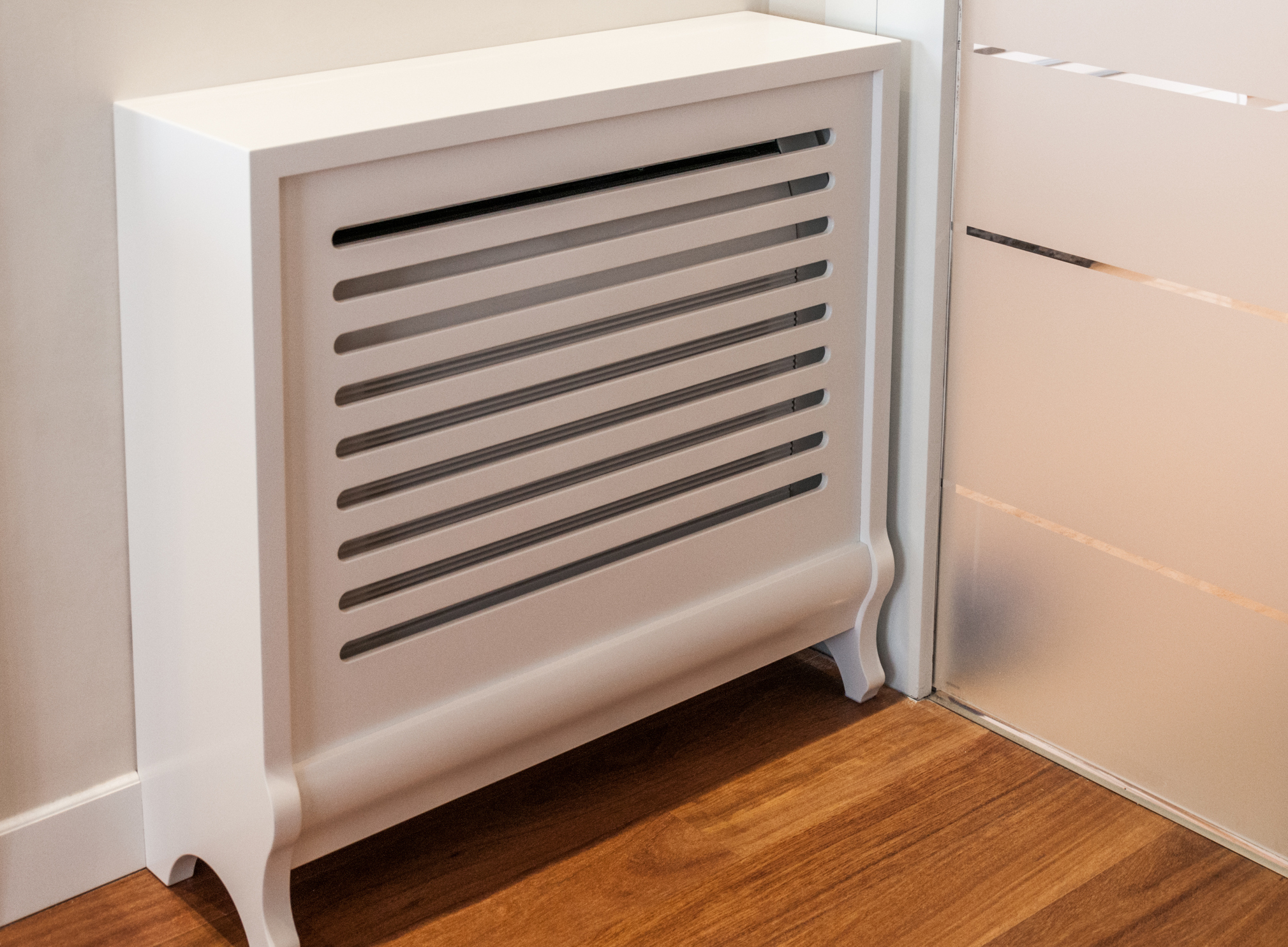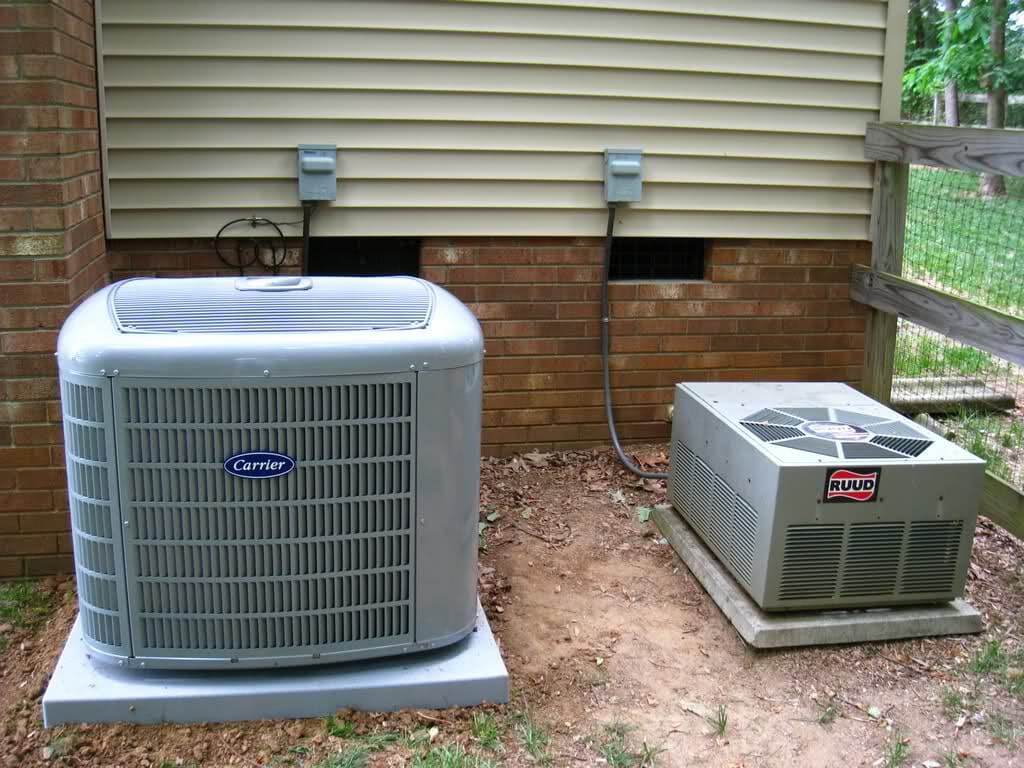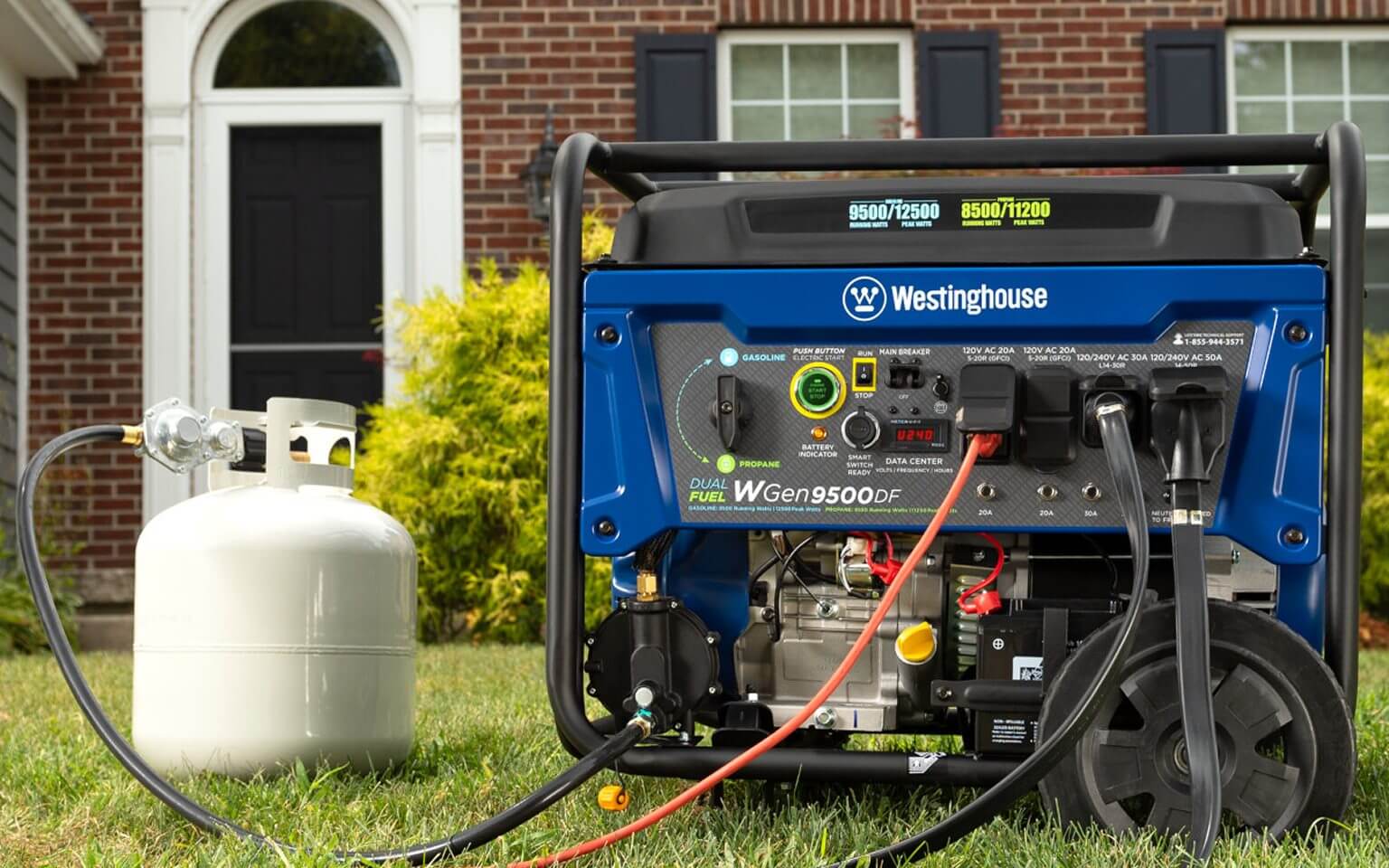Are you doing an HVAC project?
Modernize can pair you with three to four pros in your area, so you can compare options and save time and money.
Your home’s big, old-fashioned radiators may have seem quaint when you moved in, but they can seriously clash with modern decor updates. But where there’s a decorating challenge, there are always solutions, and radiator heater covers have them in spades.
If you’ve considered covering your radiator, you may be asking yourself if that will limit your unit’s energy efficiency. After all, you’re pretty much covering up the heating components, too — and that could feasibly force the heater to work harder, gobbling up more energy. Or does a heater cover help a unit, by reflecting heated air away from your walls, and therefore making it more efficient overall?
You’ve just stumbled onto one of the biggest arguments among homeowners and heating professionals alike. Ask any two parties for their take on the issue and you’re bound to get contrasting answers. That’s because, like any heating component, the energy efficiency of a radiator cover depends largely on its design. Covers that don’t prohibit the air flow from are generally fine — and a cover with reflective insulation installed behind it may even improve a unit’s overall performance. But it could take longer to heat up a room with a radiator cover, too, especially if it isn’t built with efficiency in mind.
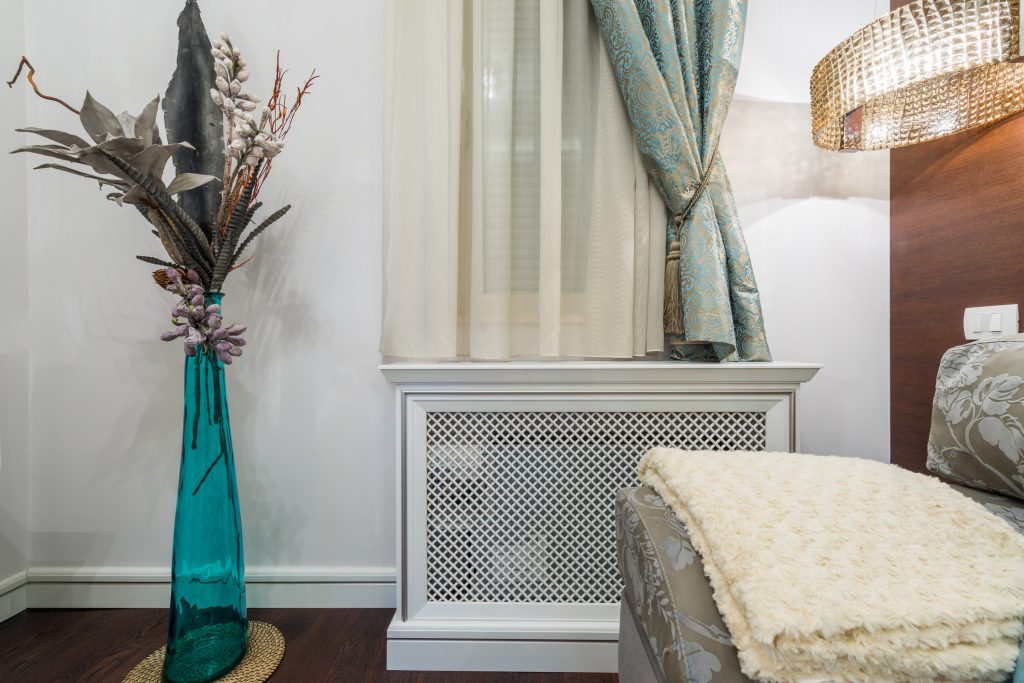
Cover Design Likely Affects Heater Performance
There’s not a lot of consumer testing out there for radiator covers, so it’s hard to know with any degree of precision how different designs factor into your home’s energy profile. Most of the time, when heating professionals talk about the energy efficiency of covers, they’re making educated guesses using their understanding of how heaters and air currents work.
Based on that, a good number of professionals believe that a poorly designed radiator cover can alter your unit’s performance. In particular, experts in this camp say that a cover should contain large gaps in the top and the bottom of the cover to allow heat convection to occur. If the cover merely contains small perforations or other decorative patterns with few openings, it could cause your system to work harder overall, especially when you first turn it on.
That’s because radiators rely on a process called convection to heat an entire room. Hot air is denser, so it rises up to the top of the room, while cooler air sinks below. That creates air flow that carries heated air across wide spaces. A cover could definitely slow — though, most experts agree, not completely inhibit — the convection process.
You should know that this is still an area of controversy among heating professionals. Some HVAC contractors will tell you that a cover is simply a cover — it makes absolutely no difference to your heating performance whether or not your radiator’s covered.
Find the Right Contractor for Your HVAC Project
Whether you’re ready to begin your project now or need some expert advice, our network of contractors are here to help. With a few simple questions, we’ll find the best local professionals for you
Concerned About Radiator Performance? Add a Foil Reflector.
If you’re worried about how a heater cover might affect your unit’s performance, you can improve your radiator’s efficiency another way too: by buying and installing foil-faced reflectors. A half-inch-thick piece of foil-faced rigid insulation board can be fitted against the back of the radiator cover. Or if there’s not enough room for insulation to fit comfortably, you can add a narrower foil reflector instead.
Adding a piece of reflective backing to your cover prevents heat from transferring into the wall behind it — in other words, being wasted. In fact, one reflector manufacturer claims that installing their product can reduce heat loss by up to 45%. Again, there’s not a lot of independent testing to support this claim. But it stands to reason that a reflective backing would improve radiator performance overall.
There are also other materials out there that homeowners have used towards the same ends — for instance, some have installed foil-faced bubble wrap or even plain old aluminum foil to get the same effect. However, the actual usefulness of these materials is even more controversial. That’s not to mention their safety. It’s a much better idea to use a material that is officially rated for use with heating units.
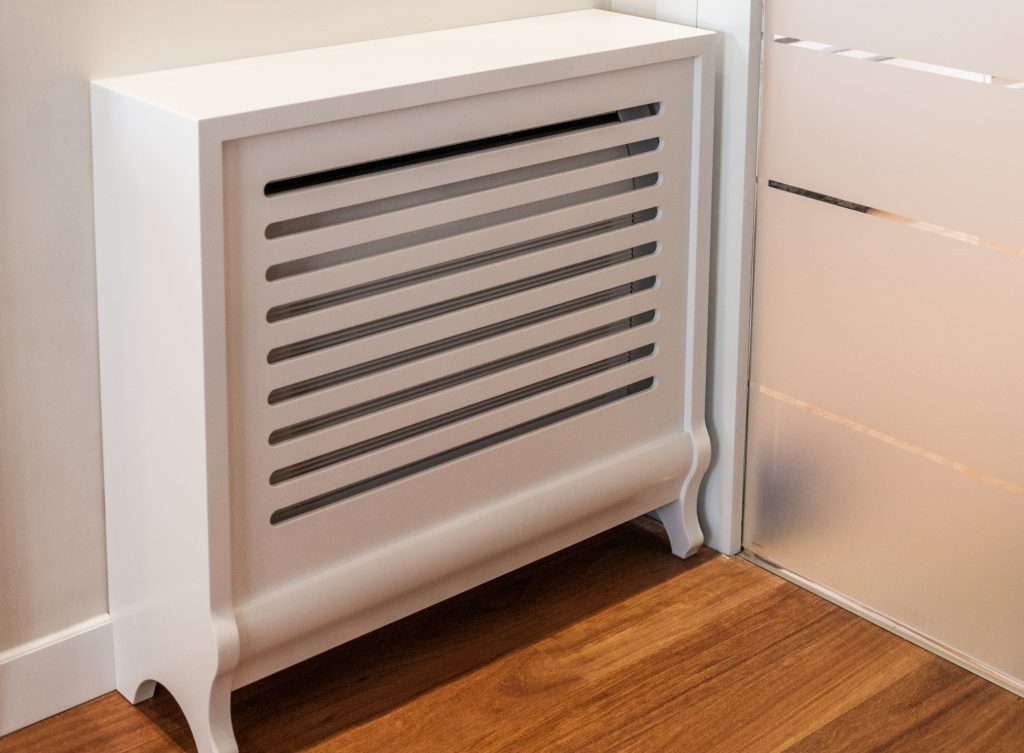
The Other Benefits of Radiator Covers May Outweigh Performance Issues
Efficiency isn’t the only reason—or maybe we should say, the best reason — to consider purchasing a heater cover. Whether or not they improve or decrease a unit’s efficiency, a well-designed radiator cover prevents accidents with heating equipment.
Steam radiators can easily get hot enough to burn or scald skin — and young children and pets are particularly vulnerable. A CDC case study of Chicago apartments found that at least 10 children were burned from accidents with radiator heaters from 1991 to 1994. Given the severity of the cases, protecting your children from your heating equipment seems like an obvious move, and a wooden radiator cover can do just that. No matter how much it affects your heater’s performance, your family’s safety is worth whatever modest energy loss a cover causes.
Find the Right Contractor for Your HVAC Project
Whether you’re ready to begin your project now or need some expert advice, our network of contractors are here to help. With a few simple questions, we’ll find the best local professionals for you
Reviews from Real Homeowners
Welcome to Homeowner Resources! We are the Modernize blog. Modernize pairs more than 3 million homeowners a year with pre-vetted contractors in their area. This blog started because we believe homeowners should know everything about their homes, from how their HVAC works to which front door colors they might love. On Homeowner Resources, you can find information on every part of your home, right down to how you can negotiate with contractors to get the best price. Here's more about the blog.
Need a contractor? Learn more about how Modernize finds the right pro for you.
